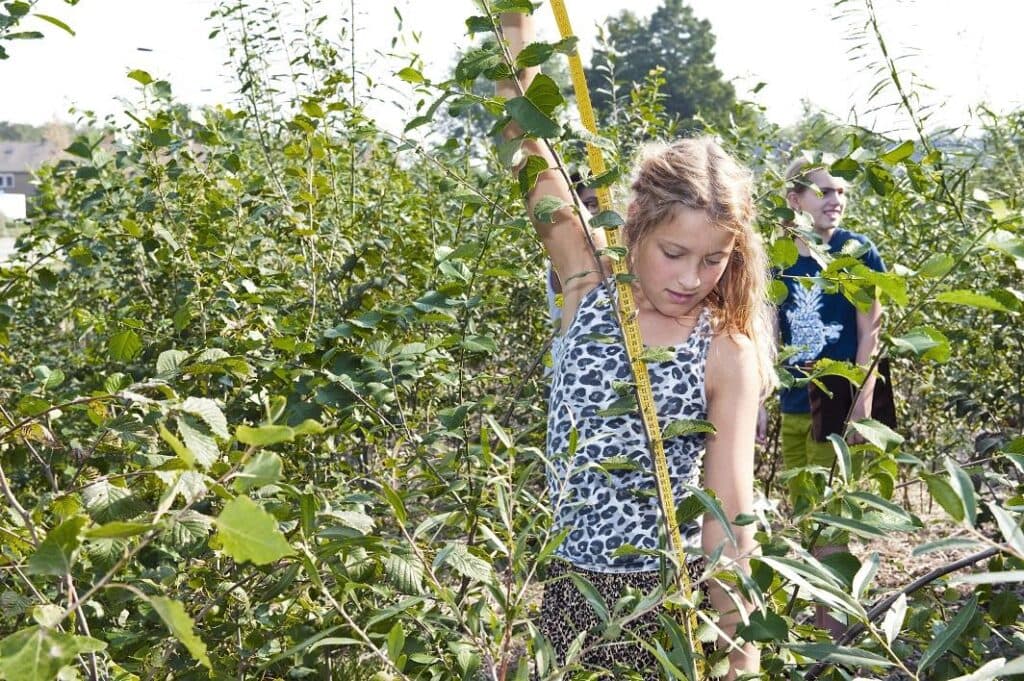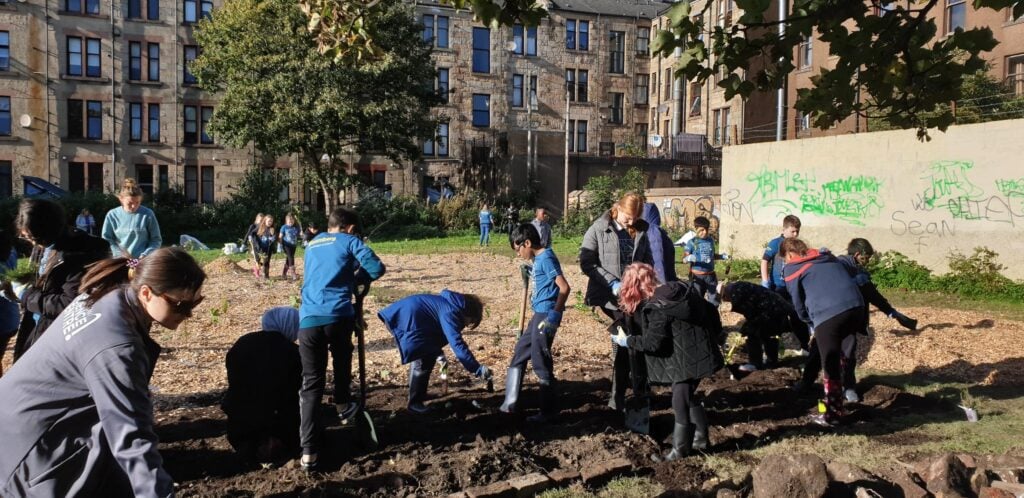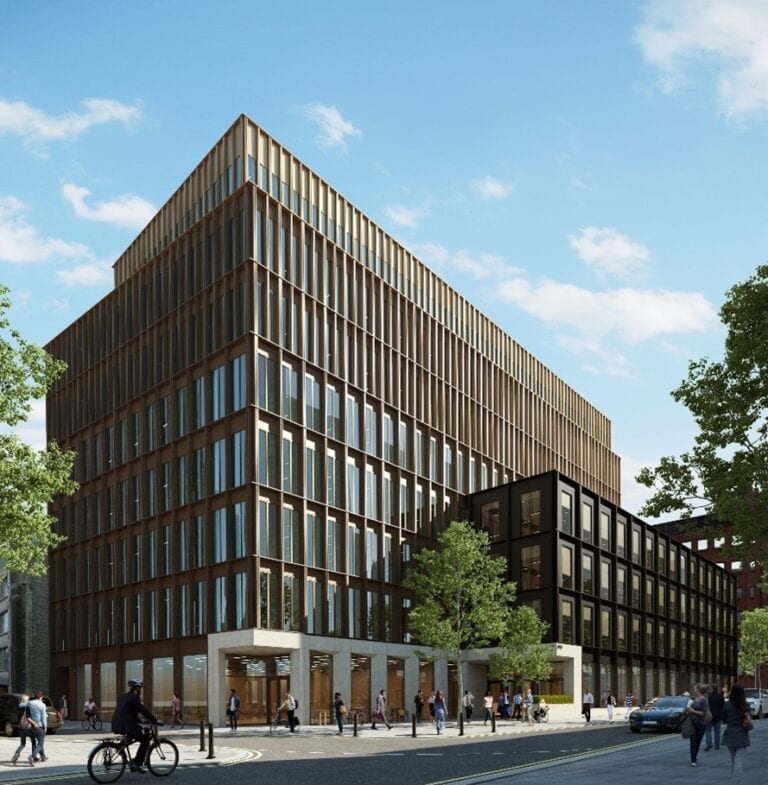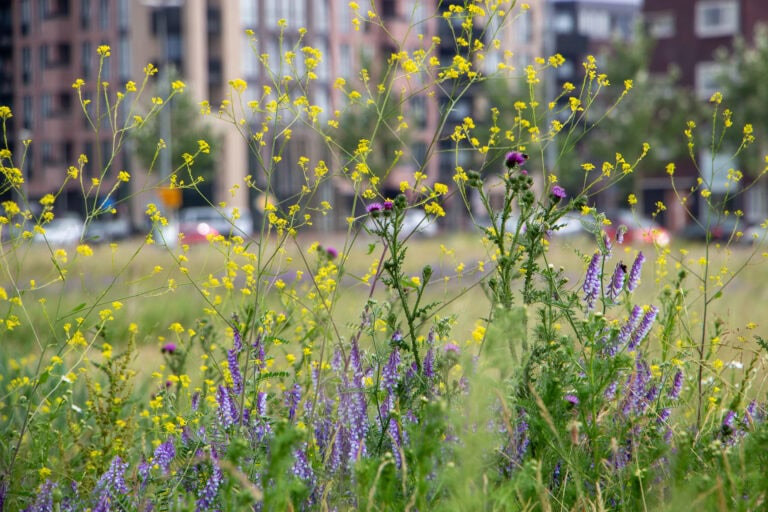Tiny Forests in towns and cities

Problem Addressed
This solution was sourced in response to UKGBC’s Innovation Challenge: “How can communities and local authorities implement, maintain, and assess the impact of nature-based solutions to enhance climate resilience?”
Environmental issues such as flooding, heat stress and loss of biodiversity are increasingly affecting urban areas. Creating thriving and climate-resilient urban areas that support economic growth, whilst also enhancing livelihoods and wellbeing, is a considerable challenge.
Verification & Case Study
Tiny Forest is now undertaking a programme of research across the UK to address key knowledge gaps around the social and environmental benefits of Tiny Forest, when compared to traditional planting strategies. It also plans to build an evidence-base on the efficacy of Tiny Forest as an impactful and scientifically robust nature-based solution for urban environments.
Tiny Forest also uses a combination of self-directed and Earthwatch-led citizen science activities to undertake social and environmental monitoring. The social element includes surveys of participants and local residents to discern how engaging with nature can support positive health and wellbeing outcomes. The environmental monitoring seeks to quantify the benefit of a Tiny Forest for carbon capture, flood management, thermal comfort and biodiversity.
Case Study
By spring 2022, a cluster of nine Tiny Forests (known as Wee Forests) will have been established across Glasgow, with the first five planted ahead of the 26th UN Climate Change Conference of the Parties (COP26) that took place November 2021. This Tiny Forest network is contributing to Glasgow City Council’s Climate Plan, creating vital stepping stones for species movement and creating a living legacy from COP26 for communities across Glasgow. Councillor Richardson, Glasgow City Council, said: “As we look to meet our objectives of our Climate Plan exciting projects such as this, in the heart of our communities, will ensure we continue to improve our environment while providing opportunities for our communities to actively participate in climate related activities.”
Facts and Figures


This page presents data, evidence, and solutions that are provided by our partners and members and should therefore not be attributed to UKGBC. While we showcase these solutions for inspiration, to build consensus, and create momentum for climate action, UKGBC does not offer commercial endorsement of individual solutions. If you would like to quote something from this page, or more information, please contact our Communications team at media@ukgbc.org.
Related members
Related
Enhancing Nature

Planters enhancing biodiversity

Bricks providing nesting site for solitary bees

Innovation Insights: Nature-Based Solutions & Climate Resilience

